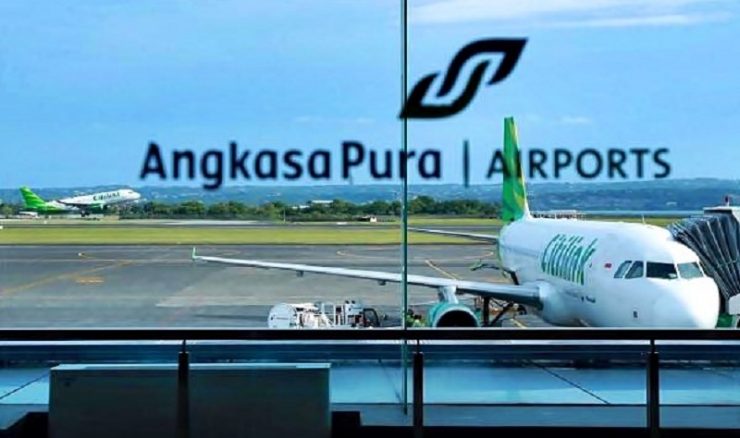PT ANGKASA Pura I (AP I) currently has a total debt of around IDR32.7 trillion. This debt consists of debts to creditors and investors amounting to IDR28 trillion, as well as debts to employees & suppliers amounting to IDR4.7 trillion.
According to Angkasa Pura I Vice President Corporate Secretary Handy Heryudhitiawan, Thursday (12/23) said that the debt was mostly used for construction and development at 10 AP I airports since 2017. This has led to a sharp increase in our assets from IDR24 trillion in 2017 to an estimated IDR47 trillion in 2022.
In terms of business and operational performance, the COVID-19 pandemic hit the aviation industry, including for AP I. As a result, the average monthly loss rate reached around IDR200 billion.
As an illustration, in normal times, on average, AP I serve up to 224,580 passengers per day and 1,917 aircraft movements per day. Meanwhile, in the period 1-20 December 2021, AP I served an average of 125,081 passengers per day and 1,234 aircraft movements per day.
“Compared to when PPKM was implemented, our average passengers are only around 50,000-60,000 per day,” said Handy.
He said, along with flight conditions that are currently starting to rise, AP I’s rate loss is also getting smaller and is heading towards a balance point. Especially after the operational efficiency program or cost leadership program was quite successful in saving costs. In addition, non-aeronautical revenue is also starting to get excited again.
In order to be financially healthy and to be able to grow performance, AP I will carry out a restructuring program on an ongoing basis until the company’s conditions and performance are stable again. Handy explained, there are several ways that AP I will take.
These recovery measures include asset recycling, intensification of receivables collection, filing for tax refunds, operational efficiencies such as traffic-based airport services, organizational simplification, delaying investment programs, and encouraging subsidiaries to seek new income (business transformation).
“All of this is in line with the restructuring program that we are running,” Handy concluded. [sources/photo special]
















